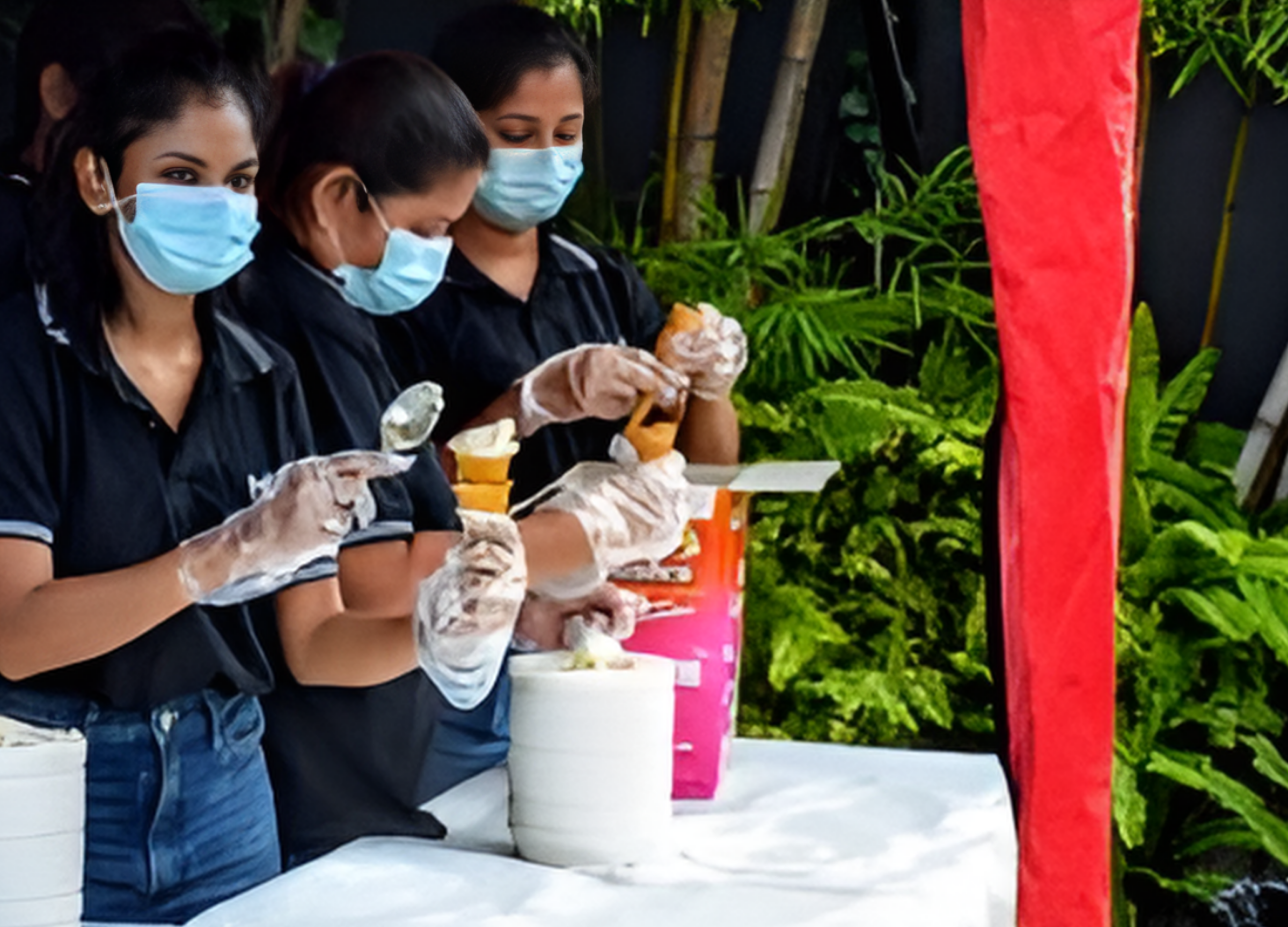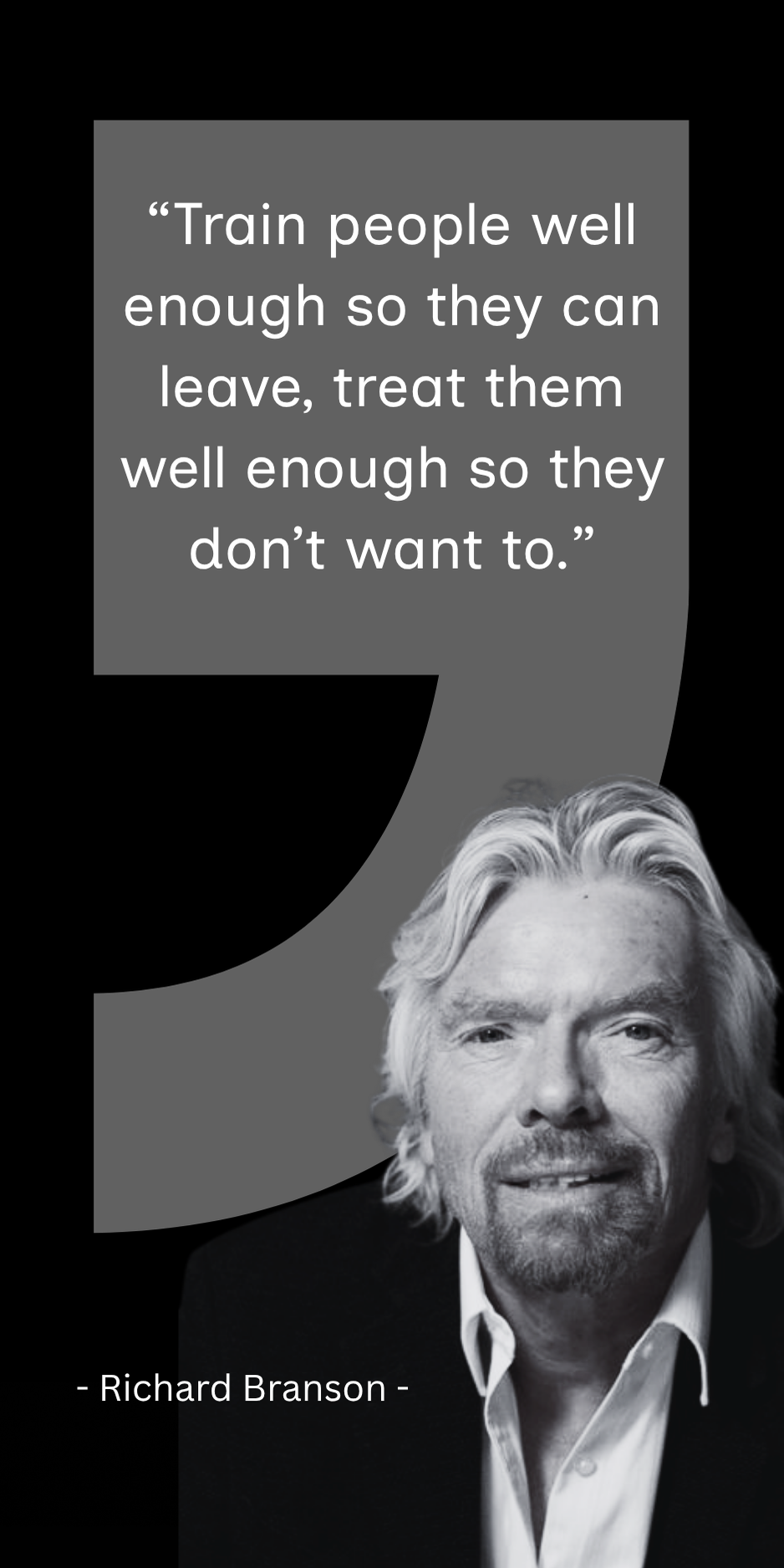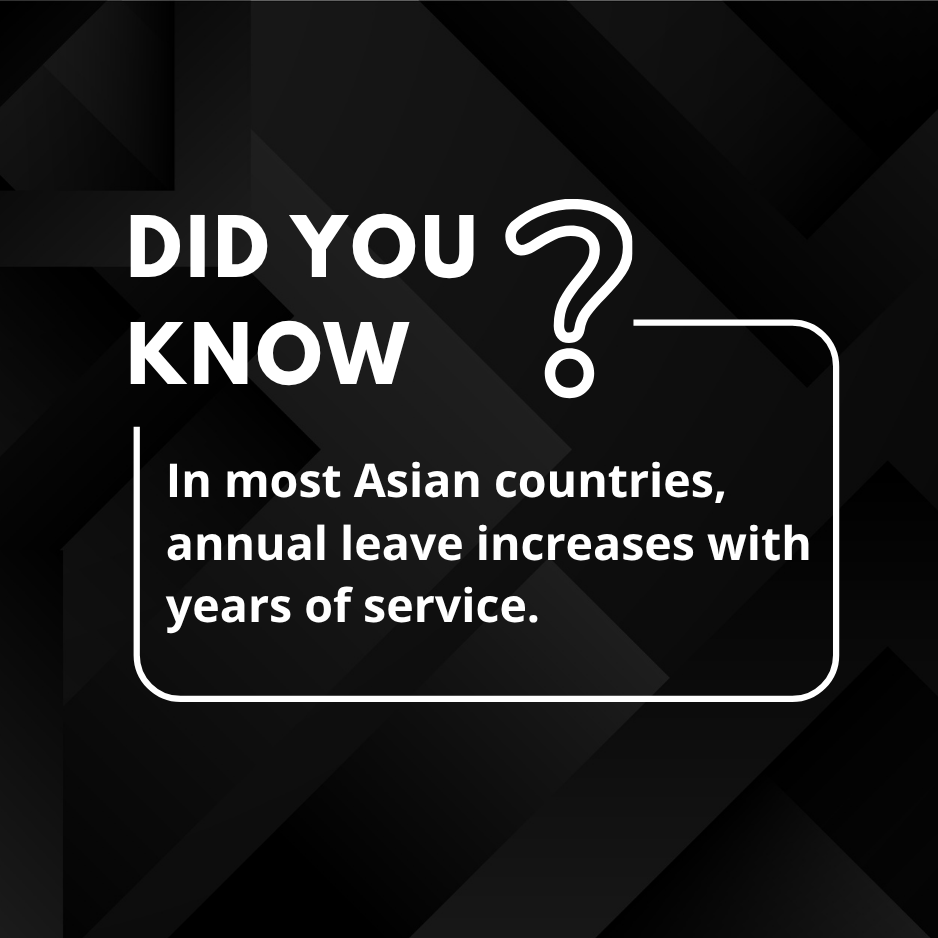Now Reading: Beyond the Brew: How Tea Shapes Connection at Work
-
01
Beyond the Brew: How Tea Shapes Connection at Work
Beyond the Brew: How Tea Shapes Connection at Work

Sri Lanka’s identity is deeply steeped in tea. From misty hills blanketed with lush plantations to the soothing aroma that fills countless homes, tea is more than just a beverage, here it is a symbol of heritage, discipline, and togetherness. Known as “Ceylon Tea” worldwide, this industry has not only driven the country’s economy for over a century but has also embodied values that are surprisingly relevant to the modern workplace.
Tea production demands patience, attention to detail, collaboration, and respect for tradition all of which mirror the qualities needed to build thriving teams in today’s organizations. For HR professionals and business leaders, the parallels between tea culture and teamwork offer a wealth of inspiration. By examining the values behind Sri Lanka’s tea industry, we can discover lessons on how to cultivate resilience, mindfulness, and unity in the corporate world.
Teamwork Rooted in the Hills
Tea is the main thing which is deeply connected to Sri Lanka’s identity. The tea industry here is not just about the misty hills that are covered with tea plantations or the aroma that is filling many houses without a break. Tea is a symbol of heritage, discipline, and togetherness for the people of this country. Worldwide the industry is known as “Ceylon Tea” and it has not only been the driver of the country’s economy for over a century but has also been the ambassador of values which are quite surprising and very much in line with the modern work culture.
Discipline is the Secret Ingredient
The journey from a leaf to a cup of tea is very slow. Patience is a major virtue among tea growers as they have to wait for the right season, nurture the plants and hand-pick the most tender leaves. Then the factories ensure discipline and methodical precision to keep the quality intact. Any negligence, however small in number, can lead to a product that is not up to the expected standards.
On a similar note, work environment also requires this thinking. While the race for speed and productivity is often the focus in companies, the value of patience and attention to detail is frequently overlooked. However, as a result of the tea-making process if one is going to be bitter then it is because of rushing. Similarly, by cutting corners one is going to be facing lower qualities of work and less number of opportunities.
For the HR professionals, this is an indication that they should stress the importance of concentration in work and not just multitasking. An employee who is encouraged to slow down, focus on quality, and take pride in his/her work will become successful in the long run. Corporate rituals whether it is a mindful check-in at the beginning of the day or celebrating small wins can become a source of discipline that keeps employees grounded, motivated, and attentive.

Mindfulness and Rituals in Modern Corporate Culture
Above all in tea-culture, one of the most remarkable features is the way it connects people. In Sri Lanka, tea is not merely a drink but a shared experience that is common in homes, offices, and communities. Offering a cup of tea is an embodiment of the qualities of love, affection, and respect. It is a ritual that forms a bond.
Such ceremonies, in today’s corporate world, could be very different from the norm. Mindful breaks, shared moments of relaxation, or even a simple gathering for tea can help create better workplace relationships. These small acts make employees remember that they are part of a community, not just a workforce.
Human resources managers may take a leaf out of this book and bring wellness activities, mindfulness practices, and symbolic rituals into the workplace. They do not need to be extravagant sometimes, even the most basic rituals, such as a weekly reflection session or a tea-inspired wellness break, can enhance belongingness and lower the level of stress.
Blending Ideas, Building Teams
Sri Lanka’s tea industry is more than a tale of exports and plantations. It is a masterclass in teamwork, discipline, and mindfulness. From the hills of Nuwara Eliya to the boardrooms of Colombo, the values embodied in tea culture continue to resonate.
For modern organizations, these lessons are clear: success lies in patience, collaboration, and rituals that unite people. Just as no single hand can create the perfect cup of tea, no workplace thrives without the shared efforts of its team members.
HR leaders, therefore, have the opportunity to “brew” a corporate culture inspired by tea where attention to detail ensures quality, collaboration fuels growth, and rituals create belonging. In doing so, organizations not only strengthen performance but also create workplaces where people feel valued, connected, and inspired.
In every sip of Ceylon Tea lies a reminder: great outcomes take time, care, and teamwork. And for the modern workplace, that might just be the perfect recipe for success.












